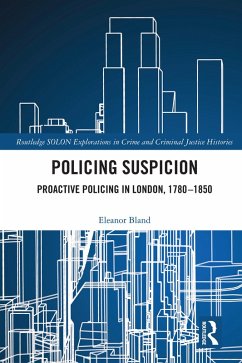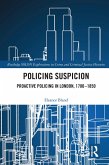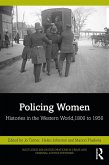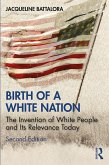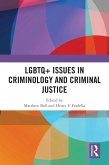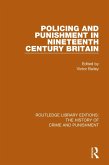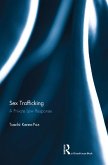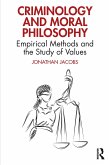Dieser Download kann aus rechtlichen Gründen nur mit Rechnungsadresse in A, B, BG, CY, CZ, D, DK, EW, E, FIN, F, GR, HR, H, IRL, I, LT, L, LR, M, NL, PL, P, R, S, SLO, SK ausgeliefert werden.
'Contemporary police power draws upon deep but largely obscure historical roots. Policing Suspicion exposes a key facet of the deep structure of police power: the formation of suspicion and exercise of control over those deemed suspicious. By illuminating how police officials exercised suspicion during a crucial period of modern police development - and how this affected 'suspicious' persons themselves - this book offers unique insights into policing and urban order that resonate strongly with the struggles and experiences of our own time.' -Dr David Churchill, Associate Professor in Criminal Justice at the University of Leeds, UK
"This book takes a direction that far fewer police historians have followed: proactive policing on the ground. While the book is rooted in historical evidence (both qualitative and quantitative), it takes a broadly interdisciplinary approach, drawing on criminological and police studies, for example, in relation to terminology such as 'proactive policing' and 'stop and search'. This is an excellent study of both formal and informal policing in a period during which law enforcement in the metropolis underwent a significant evolution, even though continuities remain. It is highly recommended and has much to offer the student of policing and the mechanics of justice in the metropolis in the late eighteenth and nineteenth centuries." - Heather Shore (2022): Policing Suspicion: Proactive Policing in London, 1780-1850, The London Journal

